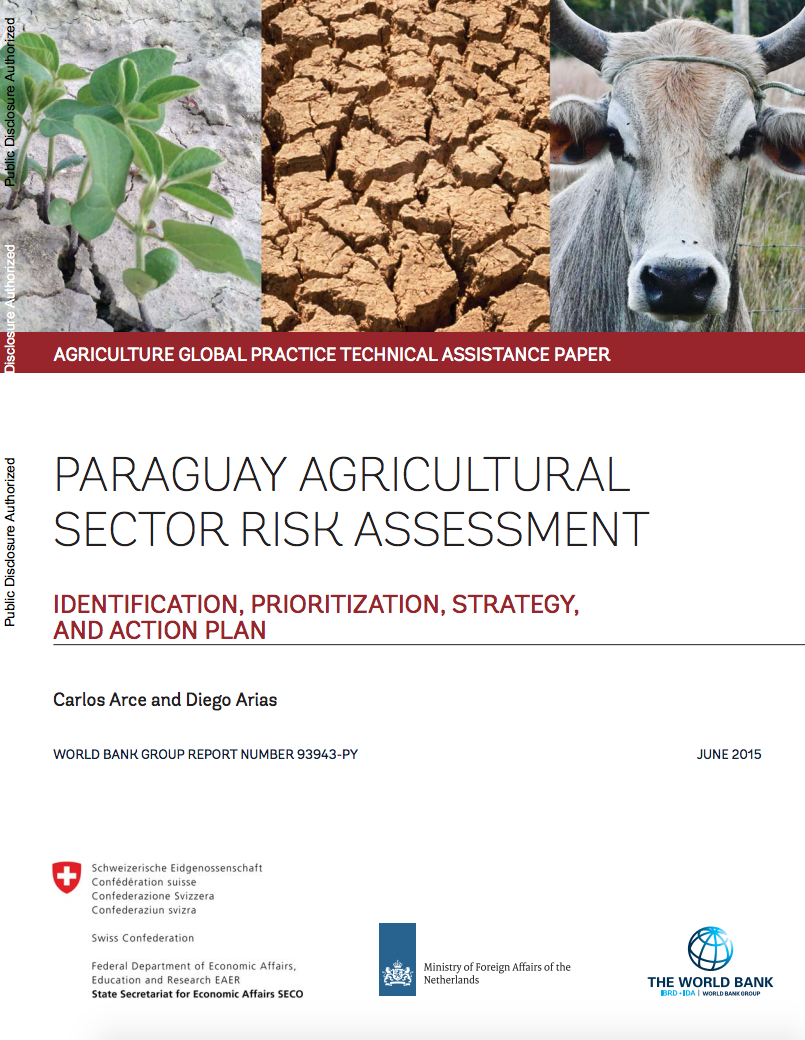Tunisia
The Tunisia Systematic Country
Diagnostic (SCD) seeks to identify the challenges and
opportunities to achieve the twin goals of reducing poverty
and boosting shared prosperity in a sustainable way. This
SCD takes into account Tunisia’s historical sociopolitical
context and the political economy of past reforms to provide
the context for the challenges and opportunities that exist
today to make progress toward the twin goals. The economic


